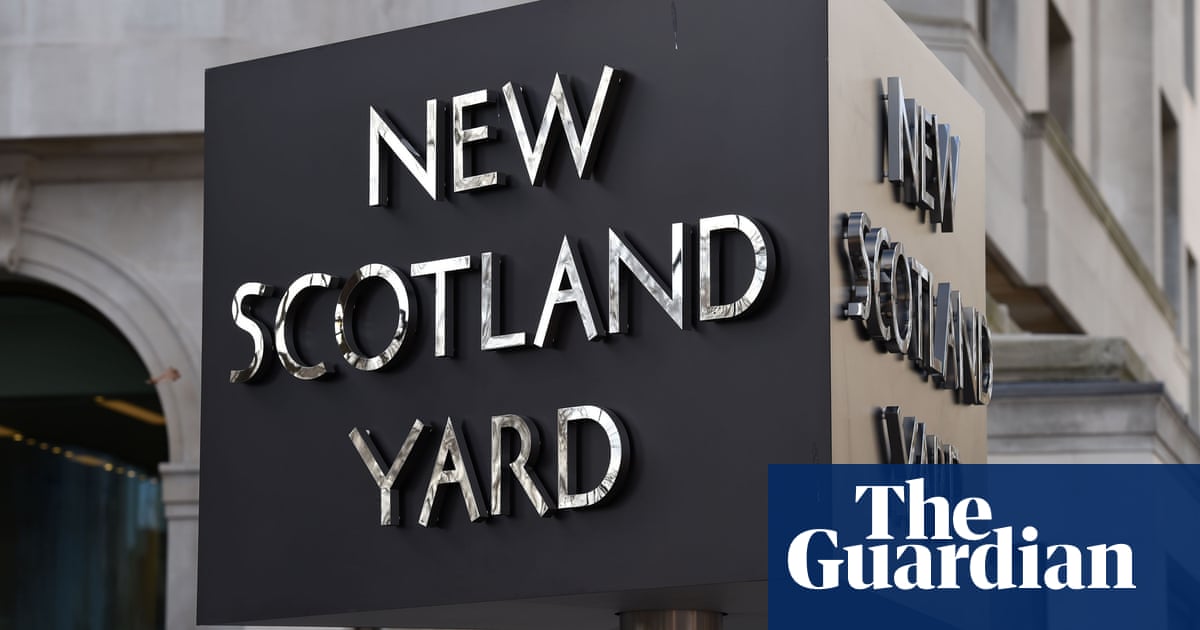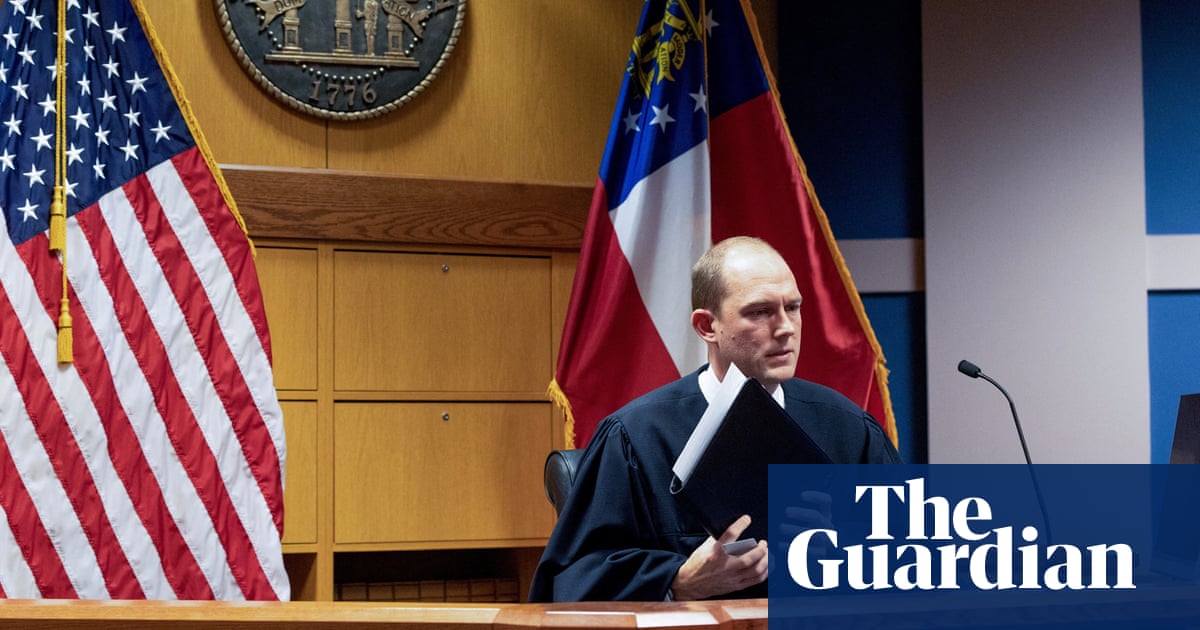
A freelance journalist has defeated an attempt by the Metropolitan police to seize protected source material, after the high court quashed an order obtained by the force as part of an Official Secrets Act investigation into alleged defence and intelligence leaks.
The high court ruled on Friday that Judge Mark Lucraft, the recorder of London, was wrong to have allowed police to obtain source material last year on the premise that information may have been stolen from the government.
Lady Justice Macur said the lower judge had made “a bold finding” that “flies in the face of binding authorities” that aim to strike a balance between the police’s right to investigate and public interest protections for sources and leakers.
Police were investigating LXP, the freelance journalist, and two crown servants, known only as X and Y. X and Y are accused of passing on sensitive national security information to LXP, who in turn sold the stories based on the material to newspapers.
Certain ministers and officials are believed to have been irritated by a stream of leaks about the government’s failure to prosecute individuals allegedly spying for China and defence procurement, although there is no proof they came from the individuals concerned. None of the three have been arrested or charged.
Dozens of officers from the police’s SO15 counter-terror unit raided the freelance journalist’s property in July 2022, seizing electronic devices and documents, and asserting that none of it enjoyed the normal legal protection for media materials.
The Met now has to decide whether to appeal against the ruling or to proceed as directed by the high court and conduct key word searches of LXP’s phone, laptop and other electronic devices in a complex process supervised by an independent counsel.
Home Office insiders said they hoped the Met would carefully consider how to proceed, suggesting they would rather see the inquiry dropped. “Press freedom should always be at the front and centre of our considerations. This looks like a concerning case and careful thought should be given to any next steps,” a government source said.
Journalist’s correspondence, notes and related material are protected in England and Wales from automatic police seizure under the 1984 Police and Criminal Evidence Act. Officers have to apply to a judge to determine whether the material should be disclosed to investigators, according to the National Union of Journalists.
The idea is to balance the right of police to investigate with journalistic confidentiality, preventing officers from obtaining material unrelated to a criminal inquiry that could lead to other sources or leakers being identified.
Lawyers acting for LXP said “fundamental protections” applicable to journalists would have been lost if the Met won the case, partly because it is easy to assert that material leaked was stolen from the government or elsewhere.
Katie Wheatley, the head of crime, fraud and regulatory at Bindmans, said that “if the order had been upheld, vitally important legal safeguards that protect journalistic material would have been watered down”, and police could have obtained information from and about sources “no matter the public interest value”.












